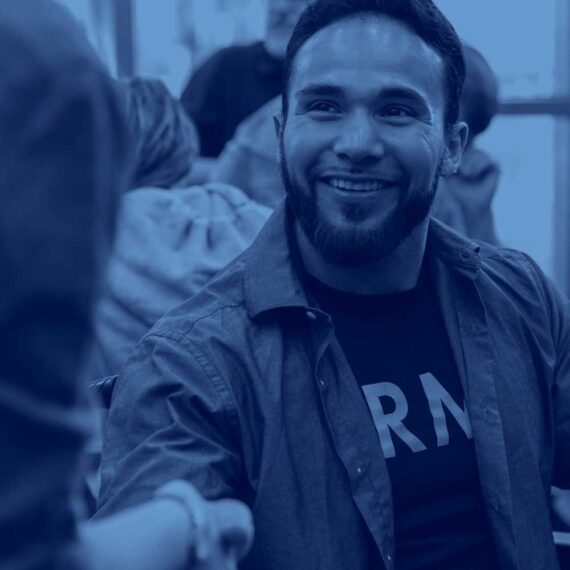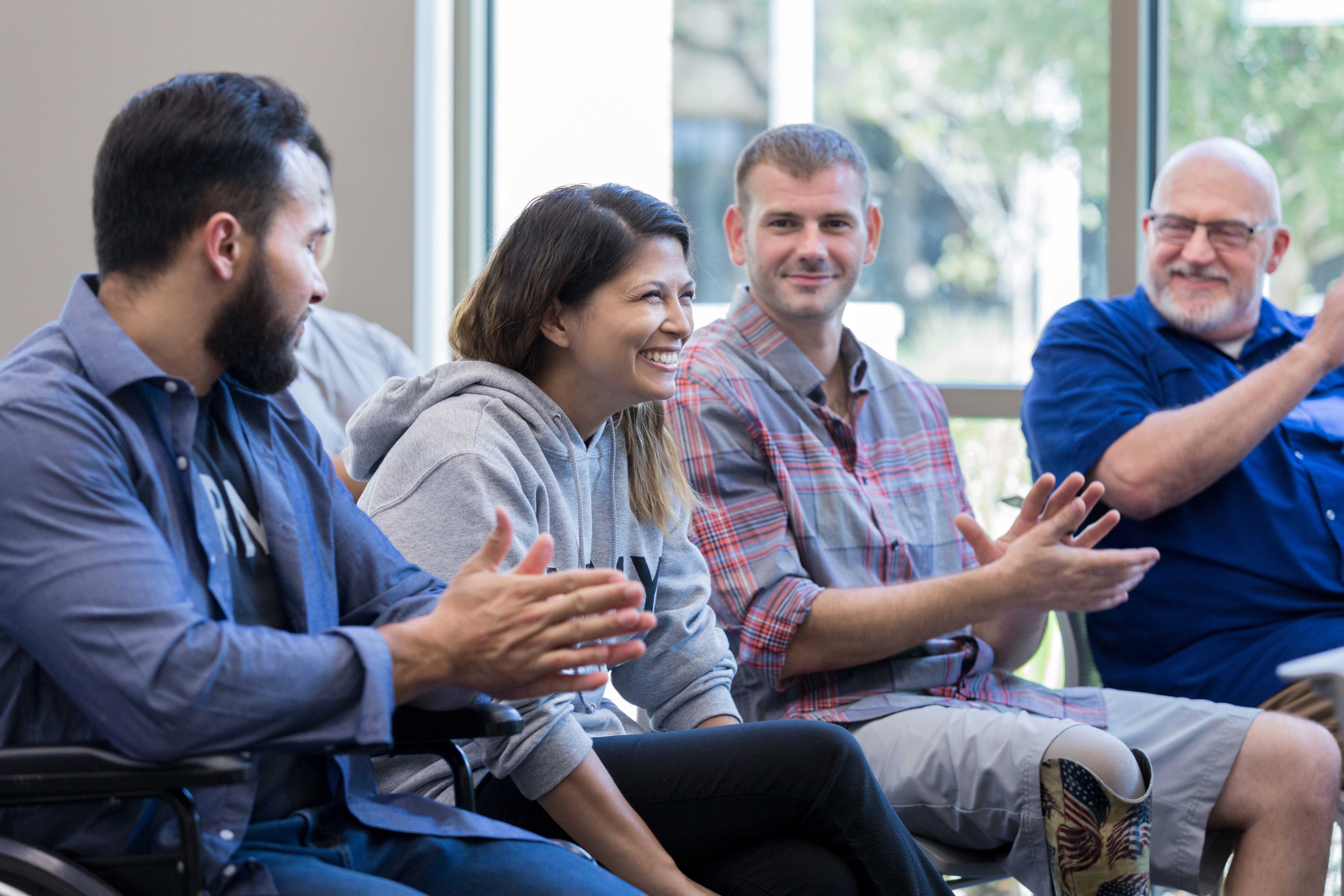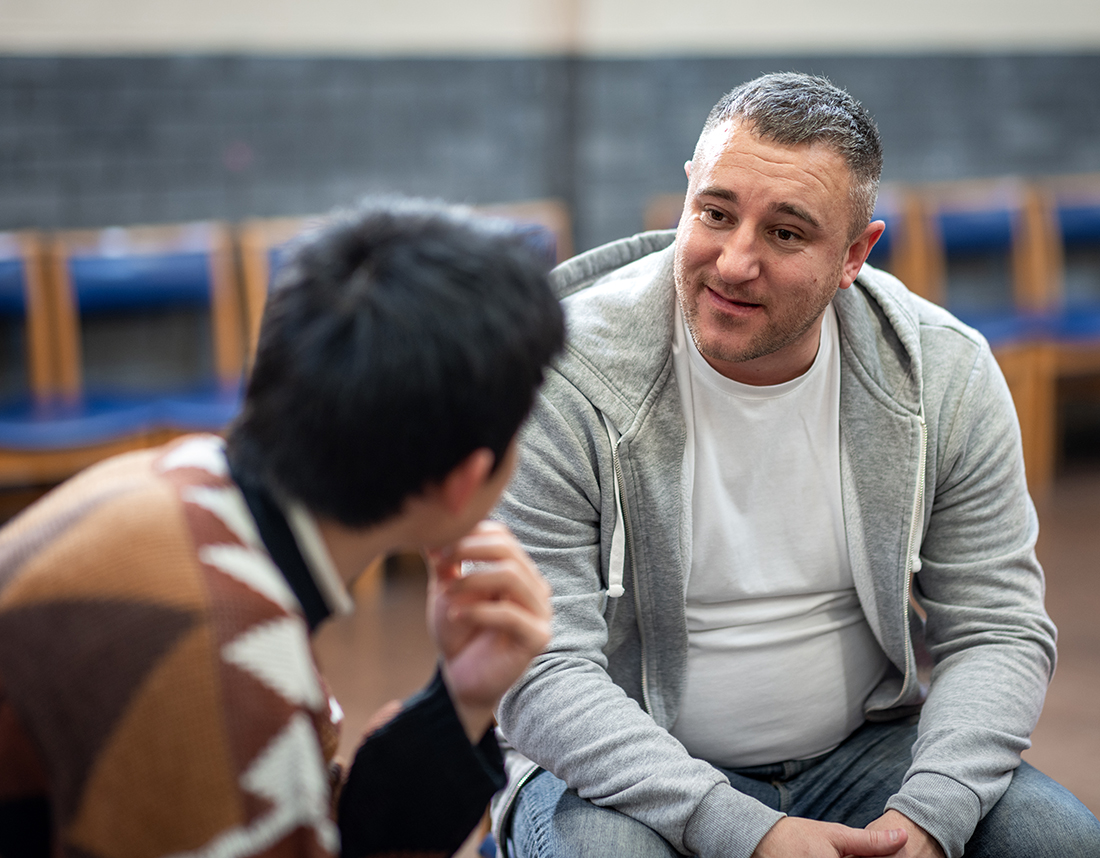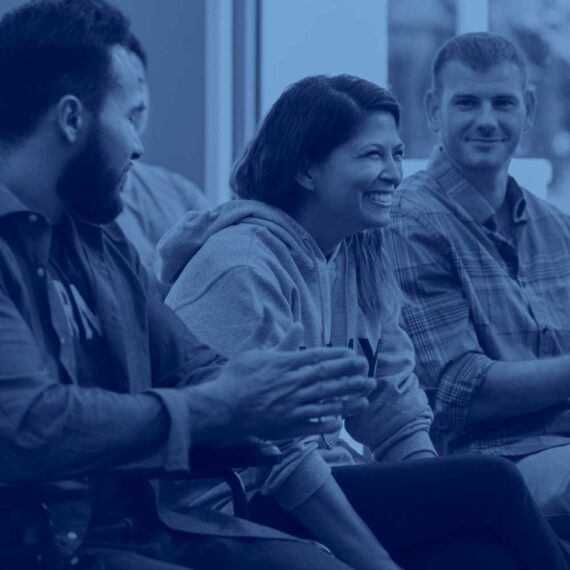
Peer Support


Veteran peer support is a vital aspect of First Dawn Recovery trauma-informed care and behavioral health services for veterans.
It involves connecting veterans with their peers who have similar military experiences, allowing them to share their challenges, stories, and coping strategies. Peer support is not a replacement for professional mental health treatment but can work alongside it to enhance overall support.
Here are some key points about our veteran peer support program:
Shared Experience: The shared experiences between fellow veterans can create a sense of trust and empathy that might be harder to achieve in traditional therapeutic settings.
Validation and Understanding: Peer support offers validation and understanding from individuals who have served and have gone through similar situations.
Non-Judgmental Environment: Peers are often less likely to judge or criticize each other, creating a safe space for veterans to express their thoughts, fears, and challenges.
Role Modeling: Peers who have successfully navigated their own mental health challenges can serve as role models, demonstrating that recovery is possible and inspiring others to seek help.
Camaraderie and Connection: Building connections with peers can help combat feelings of isolation that some veterans experience after leaving the military.
Shared Coping Strategies: Veteran peers can share practical coping strategies that have helped them manage stress, anxiety, and other mental health issues.
Empowerment: Peer support empowers veterans to take an active role in their own recovery and well-being.




